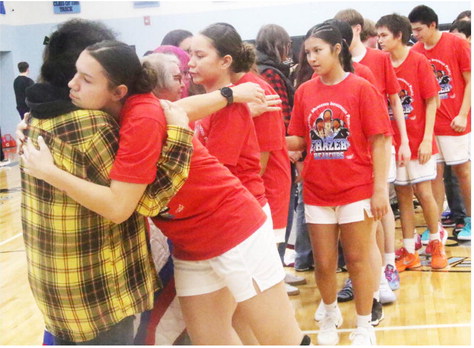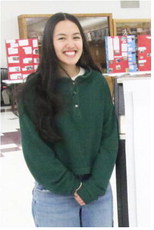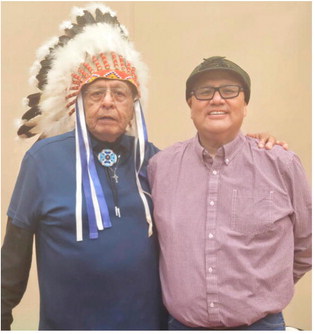Group Speaks Out Against Voting ID Bill
The Montana Legislature’s decision to revise voting ID laws concerns the Western Native Voice organization about its possible impacts on Native Americans.
The group’s mission is to engage Native Americans in building political and personal power to address local community challenges.
Senate Bill 169 notes that in order to register to vote, people can use along with standard identification such items as a driver’s license or a tribal ID card, utility bills or provide the last four numbers of their Social Security number.
Keaton Sunchild, political director for Western Native Voice, said, “The voting ID bill makes the process a little more confusing.”
The bill passed the House by a 65-33 margin. The Senate passed the bill’s third reading by a 31-19 margin last week.
Sunchild feels the legislation is taking unnecessary steps. “In our opinion, their attempt of a fix is making things worse.”
He noted the bill unfairly impacts lower income individuals along with Native Americans. For example, there are fees for getting some identification including drivers licenses.
“In a lot of reservations, you have to drive to the DMV and that’s another expense,” Sunchild said.
He said that voting will be done differently in 2022 than in the past because of identification required.
“Montana has a history of secured elections,” Sunchild said. “Legislators are saying that they don’t trust Montanans.”
He noted that the bill is part of a national effort by Republicans to make it more difficult for minorities to vote.
“In other states, it might be African Americans. In our state, the minority is Native Americans,” Sunchild said.
The bill’s sponsor Mike Cuffe, R-Eureka, has said the bill is about trying to make sure any Montana voter can vote in Montana elections.
During a hearing on the bill, Rep. Jonathan Windy Boy, D-Box Elder, noted that it could cause obstacles for Native Americans.
Windy Boy said the bill will probably result in another court battle. He explained two or three families sometimes live in one household because of limited housing on reservations.
“It will be another barrier from allowing those eligible to vote to vote,” Windy Boy said.


